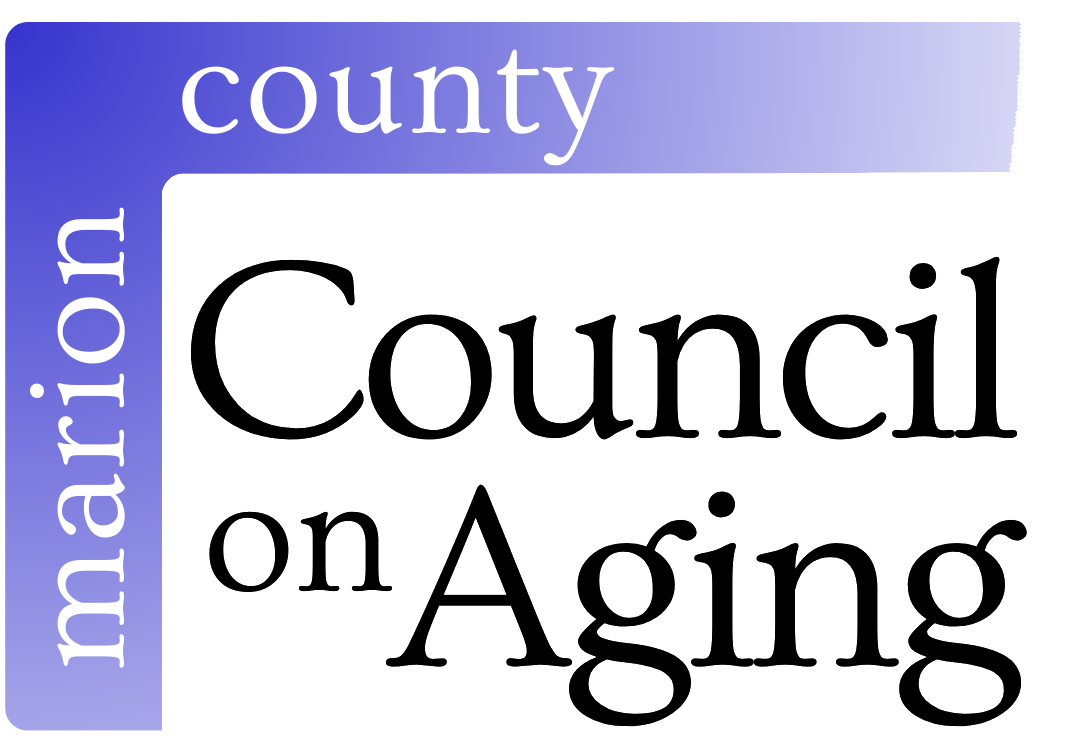Scammers aren’t always strangers. According to the National Council on Aging, more than 90% of reported elder abuse is committed by someone the victim knows. Financial fraud against seniors can include depleting a joint checking account, promising but not delivering care in exchange for money or property, outright theft, and other forms of abuse. Sometimes these are crimes of convenience, other times, they can be symptoms of a wider pattern of abuse. Here are some tips to identify and prevent fraud and abuse from people you know.

- Don’t isolate yourself or allow yourself to be isolated. Stay involved with your extended family, friends, and community as much as possible. Contact your local senior center or area agency on aging for information about local opportunities, transportation options, and more. If you feel a friend or family member is trying to prevent you from talking to other people or being as active as you’d like, say something to a trusted friend or loved one. You can also sign up for our Staying Connected service for a daily check-in call.
- Protect your credit card and bank account numbers. Do not leave your credit or debit cards, checkbook, or bank statement where others can find them easily. Stick with businesses you know and trust and do some homework before engaging with new businesses. If a business contacts you unexpectedly, do not write down your credit card or bank account numbers or give them over the phone. Destroy any receipts that include your account information.
- Use direct deposit for payments. Using direct deposit means that any pay or benefits owed to you go right into your accounts and are protected. Direct deposit eliminates the need for paper checks, which can be easily stolen from your home or mailbox.
- Know what you are agreeing to. Take time to shop around and do research before making a purchase. Ask a trusted friend or family member for help with difficult decisions. Do not allow yourself to be pressured into making purchases, signing contracts, or spending money, even if the person urging you do so is someone you usually trust.
Protect your loved ones.
Here are signs that may mean an older loved one is the victim of financial abuse:
- Recent changes in their accounts, such as unexpected withdrawals, new people added to the account, or sudden use of credit card, debit card, and checks.
- Unpaid rent, mortgage, utility, medical, or other essential bills.
- Unusual amounts of mailings and calls offering sweepstakes entries, magazine subscriptions, or free gifts.
- A change in how they act, such as becoming withdrawn, confused, or afraid.
- A change in how another family member or friend treats them, especially if they seem to be limiting their contact with others.
